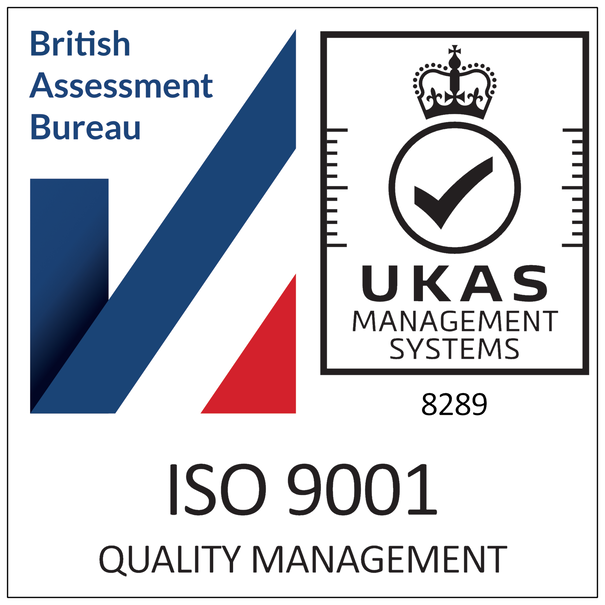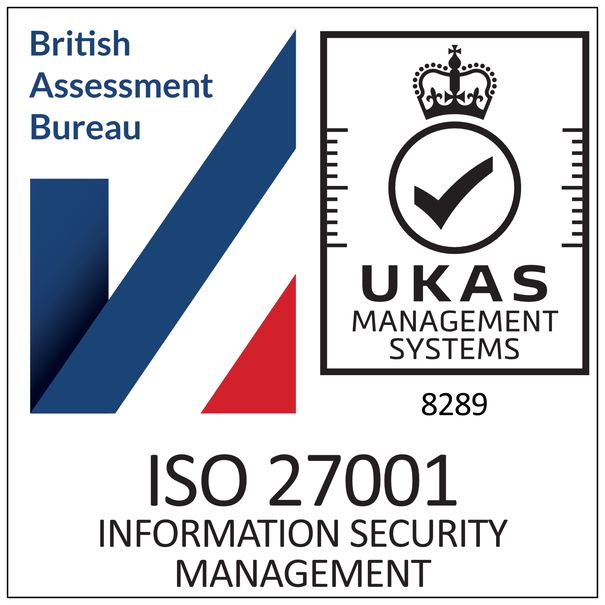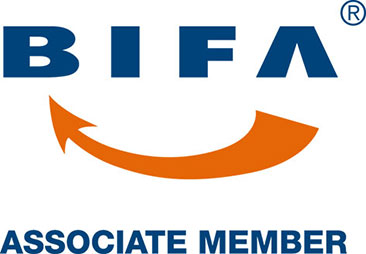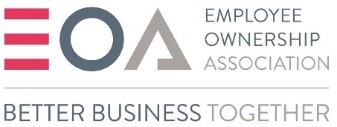
A recent study by Forvis Mazars has revealed a 14% increase in insolvencies among logistics companies over the past year, rising from 464 in 2022/23 to 530 in 2023/24.
Many of these businesses were established during the pandemic to cater to the surge in demand for home delivery services. However, as this demand has diminished, several firms are now struggling to stay afloat.
During the pandemic’s peak in May 2020, online sales accounted for 34% of all retail sales. By July 2024, this figure had dropped to 28%, largely due to the resurgence of in-person retail and the decline in home delivery needs reducing the demand for logistics services, which are heavily reliant on e-commerce.
Some online retailers are also charging customers for returning goods bought online to reduce their losses. This has been seen to discourage consumers from ordering multiple items and returning many of them, again leading to a reduced demand for logistics services. Overall retail spending has also declined, with the retail sales volume index falling from 105 in July 2020 to 99 in July 2024, partly due to high interest rates limiting disposable income.
The logistics sector is also facing rising operational costs, driven by wage inflation and increased expenses associated with leasing vehicles and employing drivers. Rebecca Dacre, Partner at Forvis Mazars, explained:
“The pandemic-driven delivery boom has not lasted the way many smaller logistics companies had hoped. The largest players in the industry are now capturing most of the available business, leaving smaller firms struggling to compete. The combination of reduced demand and challenging economic conditions has created a tough environment for many in the sector. As more companies impose return fees, consumers are cutting back on ‘try and return’ shopping habits, further impacting delivery volumes.”
With the pressures facing the sector, ensuring firms do not find themselves in mounting debt due to unpaid invoices is vital. At Controlaccount we have provided B2C and B2B debt recovery services to the transport and logistics sector, collecting unpaid VAT and duty, customer transportation costs and ancillary charges for over two decades. Our USP is our ability to processing high volume instructions at invoice level, coupled with our in-depth understanding of the challenges often associated with recovery in this.
To view a case study, please click here
Source: www.ukdcnews.co.uk












